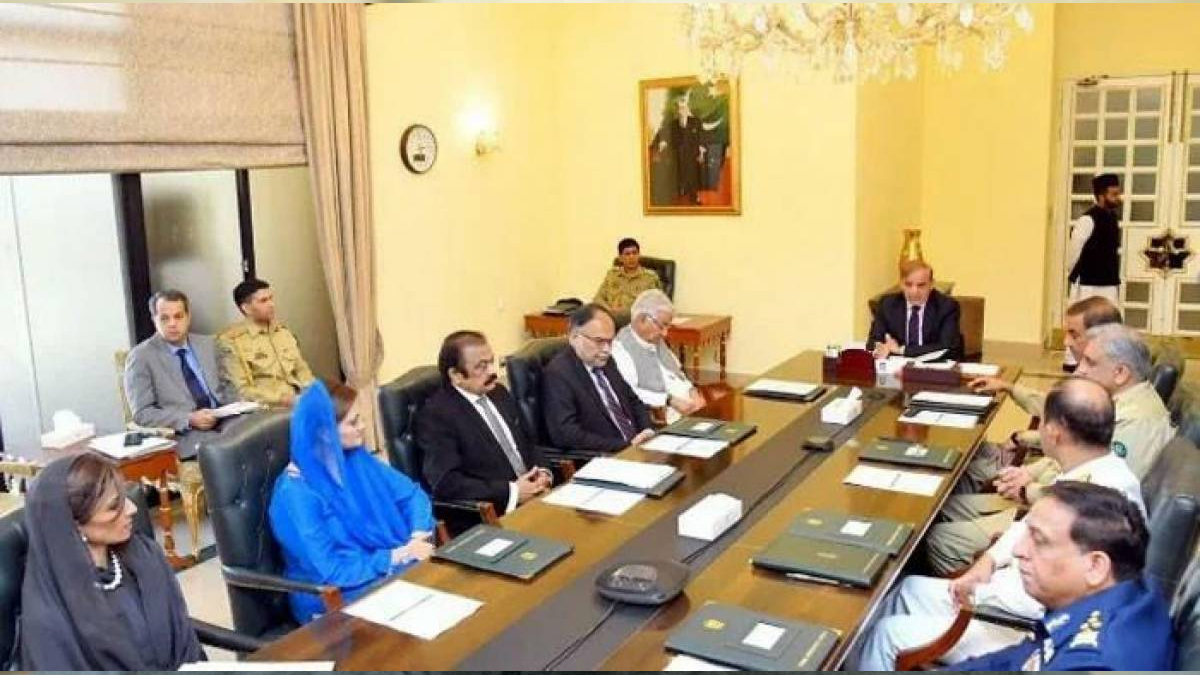
Friday’s high-level military meeting decided to proceed with “complete security policy” when discussing “peace talks” with the Tehreek-i-Taliban Pakistan (TTP), a proscribed organisation.
Senior officials attended the national security meeting
All three service chiefs — Chief of Army Staff Gen Qamar Javed Bajwa, Chief of Naval Staff Admiral Muhammad Amjad Khan Niazi, and Chief of Air Staff Air Chief Marshal Zaheer Ahmed Baber Sidhu — as well as ISI Director General Lt Gen Nadeem Anjum, Peshawar Corps Commander Lt Gen Faiz Hamid, and other senior officials attended the national security meeting, which was presided over by Chairman Joint Chiefs of Staff Committee.
Even though it appeared to be a Joint Chiefs of Staff Committee meeting, it wasn’t. The director general of the Strategic Plans Division, as well as the secretaries of the defence and defence production ministries, are often present at JCSC meetings, but none of them were.
Since the army-led discussions with the insurgents in Afghanistan assumed a public profile with briefings for political leaders and the Parliamentary Committee on National Security on the topic by the army high brass, it was the first of such sessions, involving all the armed services.
Read More | Govt takes ‘glass half full’ approach as crises loom
Read More | Industry leaders lash out at govt for failing to cut economic challenges
Full briefing on evaluation of national security situation pertaining to Western Border
The meeting, according to the ISPR, “was given a full briefing on evaluation of national security situation pertaining to Western Border, Khyber Pakhtunkhwa, and Balochistan.” The statement said, “fast-paced developments in the field of conventional and strategic policies, the significance of peace in Afghanistan for long-term regional development, and the operational readiness of the armed forces were also discussed.”
According to the ISPR, the participants decided to react to “the entire spectrum of threats” in line with the “complete security policy.”
Evidently referring to the peace negotiations, it suggests that the tactic would go beyond the customary “kinetic strategy.”



